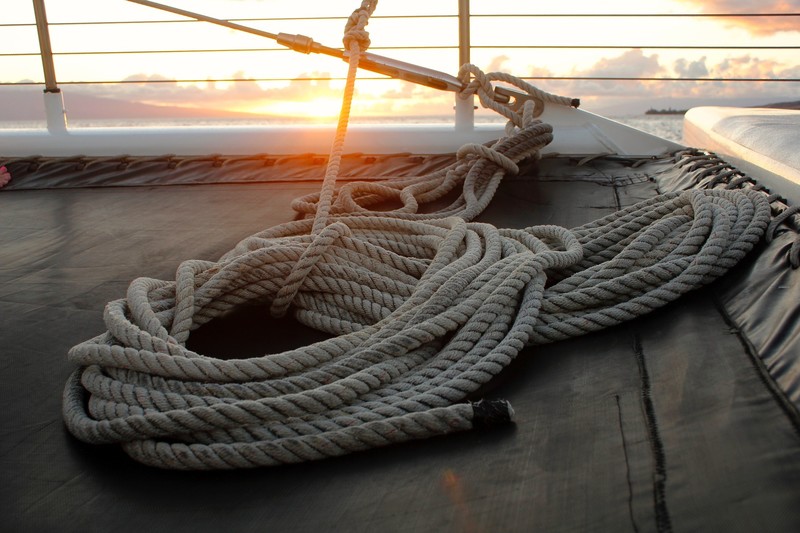A study entitled Spotlight: Why Accidents Are Often Not Accidental, published by The International Organization of Masters, Mates & Pilots (MM&P) has said that not all companies are managed well or staffed with the resources necessary to support the master in maintaining a safely operated ship. "In these cases, the reporting of deficiencies may be looked upon as a problem rather than as an opportunity to improve safety", the report said, adding that "the underlying problem with maritime safety is that the regulatory system is subject to commercial pressure from the top down".
The study was conducted in conjunction with Dalhousie University of Halifax, Nova Scotia. It described the maritime safety regulatory regime, analyzing several international maritime incidents.
The study highlighted what it saw as the problems of the existing flag-of-convenience (FOC) system. It said that FOC allowed the ship owner "to operate free of the taxes, regulations, labour and environmental laws of his or her home country. It also allows owners to crew their ships with seafarers from low-wage labour supply countries in the developing world. FOC registries compete with each other to offer the least burdensome tax and regulatory environment". It continued: "In effect, they create an international industry that operates in a nearly stateless environment. This leads to an uneven playing field and a race to the bottom with substandard shipping enjoying a competitive advantage."
While the International Maritime Organization (IMO) was intended to counter the destabilizing effect of the FOC system, the report observed that "the IMO has no enforcement power. Its function is to provide a forum for member states to debate both the adoption of new conventions and codes and the need for safety-related revisions in existing conventions and codes".
The study accepted that to 10 Port State Control MOUs, where vigorously enforced, had been "effective in detaining substandard ships, discouraging them from operation in regions with effective PSC, banning substandard ships, publicizing and penalizing substandard ships, their operators, their flag state and the classification society". By contrast, it noted that ships operating in domestic waters only, and not subject to PSC, were often less safe.
The study cited the 2002 Prestige disaster; the sinking of the Russian riverboat Bulgaria in 2011 and of the Korean ferry Sewol in 2014; and the sinking of the bulk carrier Stellar Daisy in 2017.
The study concluded that the regulatory framework, based on IMO standards, was generally adequate, and was capable of being periodically updated as may be required. It said that in most cases it was a lack of compliance with existing standards, be they ship construction and maintenance, or safety management procedures, which was the root cause of safety incidents.
Among its seven recommendations were that the US "Alternative Compliance Programme" be ended or modified, calling it a "pay for play" programme in which there was "a direct conflict of interest for the regulatory agency (such as ABS, or another classification society)."
This article is kindly supplied by Insurance Marine News. If you would like a complimentary trial to the daily Insurance Marine News e-bulletin please email grant.attwell@insurancemarinenews.com.

